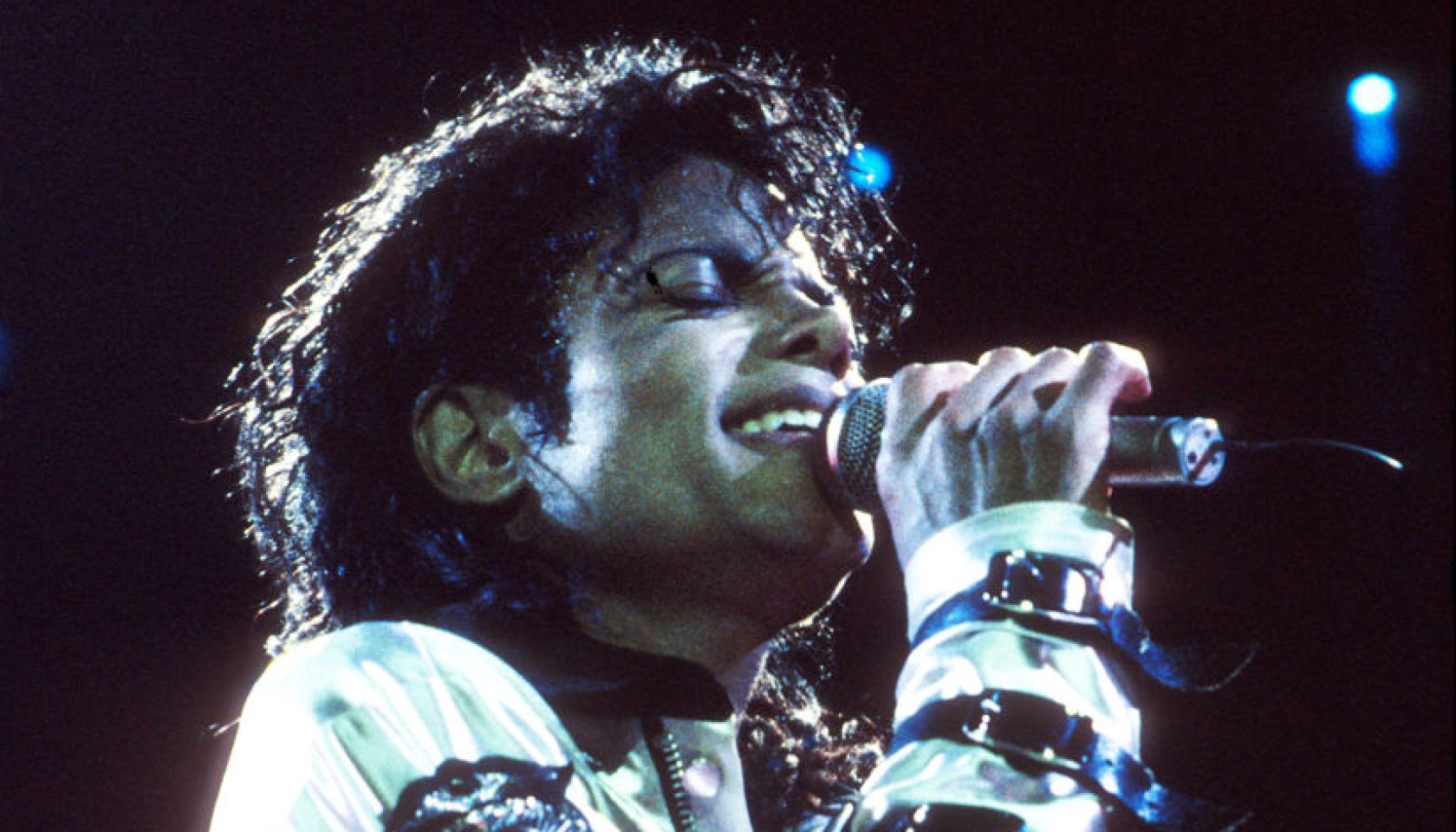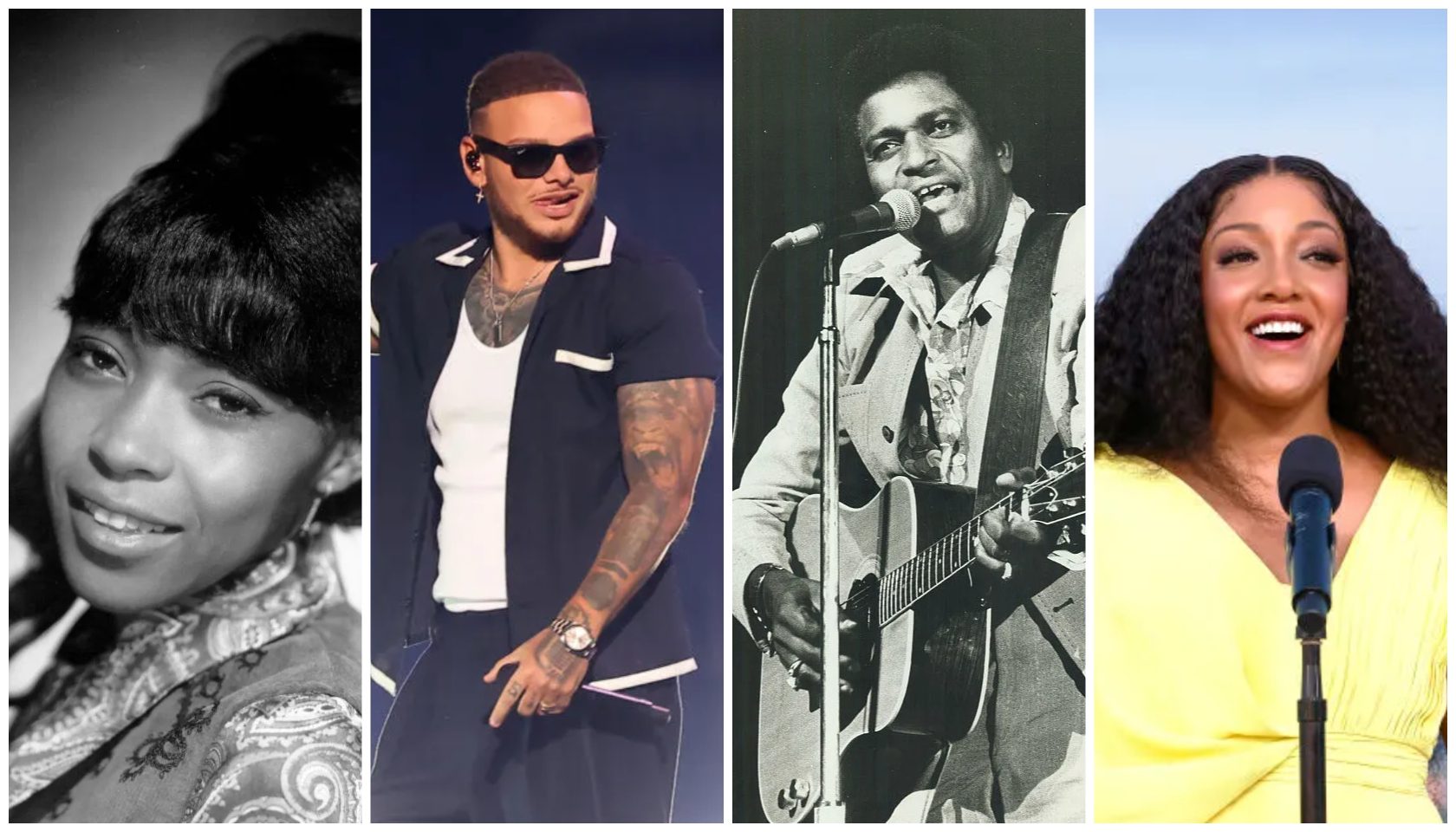t
Martin Jurors Asked about Presumption of Innocence
SANFORD, Fla. (AP) — George Zimmerman‘s defense attorney asked a pool of 40 potential jurors on Thursday whether they truly believed a defendant was innocent until proven guilty beyond a reasonable doubt, the first time the defense has questioned those who made it to the second round of jury selection.
Defense attorney Mark O’Mara said screening the prospective jurors for any biases or prejudices “is probably as critical if not more critical than the evidence.”
“If you bring that into the courtroom, then what we can’t get is a fair verdict,” he said.
Zimmerman, 29, says he acted in self-defense in shooting 17-year-old Trayvon Martin in the central Florida community of Sanford where Zimmerman lived.
Martin’s shooting death on Feb. 26, 2012 — and the initial decision not to charge him — led to public outrage and demonstrations around the nation, with some accusing Sanford police of failing to thoroughly investigate the shooting.
Prosecutors have said Zimmerman, while a neighborhood watch volunteer for his community, profiled the black teenager as Martin was walking back from a convenience store to the home of his father’s fiancee. Zimmerman identifies himself as Hispanic.
Prosecutors and defense attorneys are trying to pick six jurors and four alternates this week so they can start opening statements early next week.
Prosecutor Bernie de la Rionda began the second round of more intensive, personal questioning Wednesday with the potential jurors, whose names are kept confidential. The final jury will be sequestered throughout the trial.
Several jury candidates were involved with rescuing animals, and the pool included people who compete in arm-wrestling, fishing and barbecue competitions. Seven potential jurors said they had previously been arrested, but they said their cases had been dropped and they thought they’d been treated fairly.
Fourteen candidates said they had been victims of crimes, including four who’d been victims of violent crimes. A white woman in her 50s said it would be difficult for her to keep her experience with a violent crime out of the courtroom.
“It’s always in my mind,” she said.
Twenty-seven of the 40 potential jurors are white, seven are black, three are mixed race and three are Hispanic. Twenty-four are women and 16 are men.
















